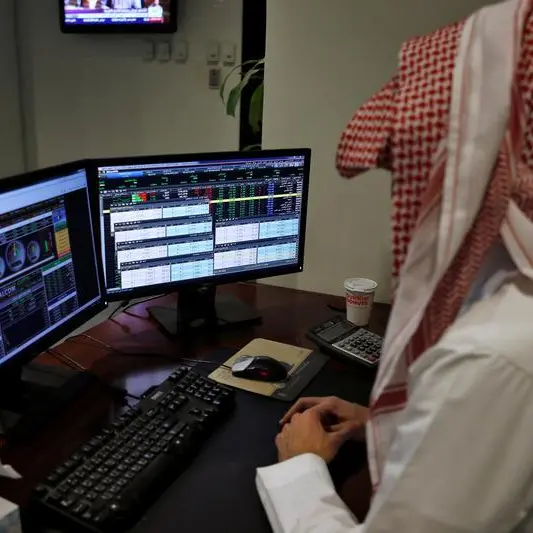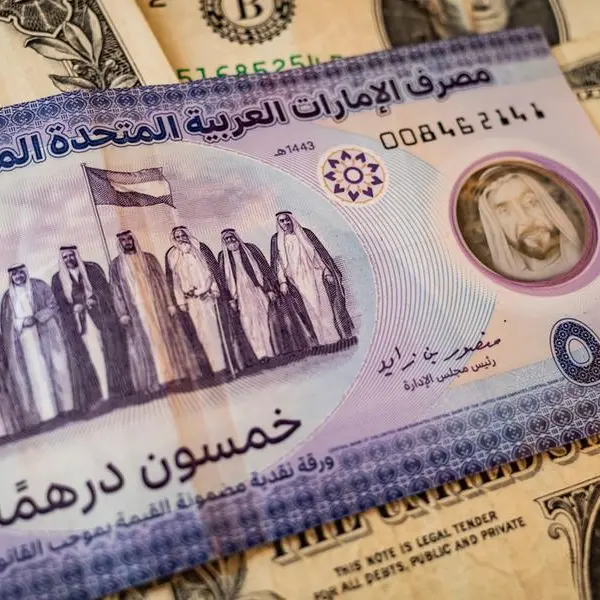PHOTO
The year 2022 is just about to end, and it’s time to think about resolutions that can make life better in the coming year.
The pressures of soaring inflation, coupled with rising interest rates and concerns about the repercussions of the Russia-Ukraine conflict, have already forced a lot of people to rethink their finances.
In a recent poll conducted by Dubai-based consultancy Insight Discovery, UAE consumers confirmed they plan to adjust their lifestyle as living costs soar. They intend to cut their household and miscellaneous expenses over the next few months, with eating out, weekend activities and luxury spending among the areas to see major spending cuts.
If you also intend to improve your finances in the coming year, Zawya has turned to financial experts for advice on how to start 2023 right, to ensure you won’t encounter any money-related problems. Here’s a list of New Year’s financial resolutions to keep for 2023:
1. Review your household budget
Before anything else, take a look at your budget. Where does your money go each month? What are your fixed or regular expenses? Have you been spending more than what you earn this year? Take a look at how much money you’ve actually spent against what you had previously planned. By reviewing your budget, you can gain insights into your spending habits and look at areas you can cut back on to meet your financial goals.
“Assess your average monthly income, as well as your fixed and variable expenses, and determine your financial priorities for 2023 to develop the ideal budget for you,” advised Rupert Connor, a financial planner and partner at Abacus Financial Consultants.
When deciding on a new budget, it’s also essential to resolve how much your discretionary spending will be. Consider the big purchases that you will take in the next 12 months.
“Keep track of big purchases. Establish a budget for discretionary spending and make it a goal for the new year to eliminate potential impulse purchases,” said Vijay Valecha, CIO of Century Financial.
2. Check your emergency fund
While it’s important to ensure you have enough money to cover all your expenses every month, including all the other financial obligations, it’s also critical to prepare for emergencies.
Think about setting aside money that you can use during a rainy day. Call it an emergency fund, which is something you can dip into when someone in the family needs medical attention or you lose your job.
“It’s always a good idea to double-check that you have adequate funds set aside for a sunny or rainy day – but that’s especially true in times when the economy may be slowing from its once robust pace,” said Connor.
“Not only can an emergency fund help you to avoid liquidating portfolio assets at potentially depressed prices during periods of market volatility, it can also help keep you financially afloat in unforeseen life circumstances, such as a change in your or a loved one’s employment situation.”
A general rule of thumb for an emergency fund, Connor said, is saving three to six months’ worth of living expenses in a safe, liquid account. Keep in mind that an emergency fund should be easily accessible.
“In the current scenario of economic slowdown setting an emergency fund provides the much-needed assurance to manage unexpected circumstances,” Valecha added.
3. Manage your debt
One of the most important things to consider to ensure your personal finances are sound and healthy is debt management.
If you have a mortgage or personal loans to repay, manage them wisely. Review all your accounts and find ways to lower your repayments. Consider debt consolidation.
“If one has a high outstanding credit card loan, the debt consolidation option offered by banks can be utilized to help save on interest while also giving you enough breather to pay the balance over time. Thus, safeguarding your financial goals,” said Valecha.
4. Resolve to think twice before you open your wallet – spend smarter
Every time you go on a shopping trip, it’s important to list all the things you need to buy to avoid buying non-essential items, and of course, always think of ways to spend less.
Whatever you need to buy, be it groceries, a new pair of shoes or tech gadget, there is always a budget-friendly option. If you’re refilling the cupboard or restocking your staple items, think about buying in bulk to save money. Items sold in bulk often cost less.
It’s also worth checking out which items are being sold at a discount. Perhaps you can opt for generic products rather than buy things based on their label.
“Got to feed the family, but you can usually save a lot by shopping smarter with your groceries – make use of sales/deals, buy in bulk where possible, swap out brand names for generic products, incorporate more meatless meals, use more low-cost staple food sources (e.g. pasta, rice), and avoid all the bells and whistles/needless additional items or items that aren’t on the shopping list,” said Connor.
“I have been guilty of buying the entire spice rack when walking past, or buying additional sausage meat to add to spaghetti bolognese, basically doubling the cost of the meat/meal. Even sign up for rewards schemes. Check what’s in the house already, make a list and stick to it,” Connor added.
5. Make room for investing
Start the new year right by setting aside money to invest.
It’s true that money doesn’t grow on trees, but it sure can grow – if you invest it. Don’t leave your savings sitting idly in a low-interest bank account, because if you do, inflation will just erode your purchasing power.
Connor noted that investing is often the last thing on people’s minds, but it is “incredibly important”.
“The future will thank you. It might seem like a bad time to put money into the market when headlines are so scary, but it’s important to remember why you were investing in the first place – if your goals haven’t changed, then you still need to save for them no matter what is happening in your financial life,” Connor said.
“And remember, the whole point of investing in the first place was to beat inflation and maintain the purchasing power of your money over the long term – that hasn’t changed, so your behaviour shouldn’t either.”
According to Valecha, money begets money. “More money can be generated from the existing cash through investments due to the power of compounding and the risk-return trade-off.”
6. Make a will
Making a will is also another thing that most people overlook. They think it’s something only old people should consider. But preparing a will while you’re still young could benefit you and your family later on.
“Without one, in the event of your death, your state’s laws will determine who takes ownership of your assets and property, which is especially important given that the UAE’s inheritance laws are likely to be different from your home country’s,” said Connor.
“If you’re wondering if you really need a will, the answer is probably a resounding yes. Most importantly, wills are strongly recommended for those who have children, have a spouse, or have a positive net worth. Having a will protects your family and your assets, something that all of us can agree is important.“
(Reporting by Cleofe Maceda; editing by Mily Chakrabarty)





















